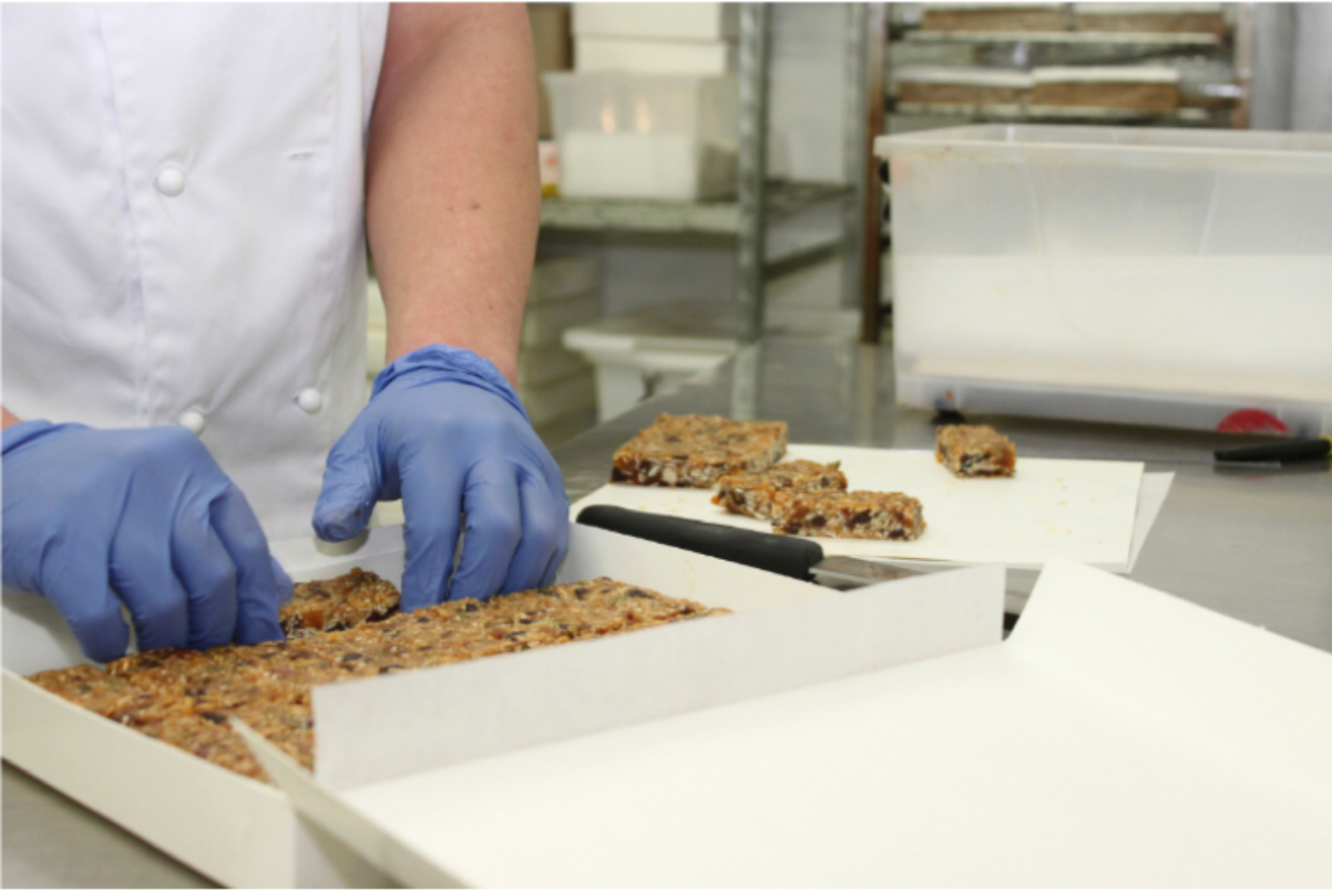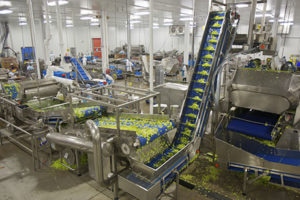Introduction
Food safety and security is a critical facet of contract food manufacturing in Australia. With the expanding demand for ease and ready-to-eat products, agreement food suppliers play a vital duty in creating secure and high-quality food products. In this article, we will certainly explore the regulations and standards that regulate contract food manufacturing in Australia, making sure that consumers can trust the items they purchase.

Understanding Agreement Food Manufacturing
Contract food manufacturing includes contracting out the manufacturing of food to a specialized producer. This enables firms to focus on various other facets of their service while making certain that their products are created according to sector requirements. These makers have actually specialized facilities, devices, as well as knowledge to meet the specific demands of various food products.
What is Agreement Food Manufacturing?
Contract food manufacturing refers to the process of employing a third-party maker to create foodstuff in behalf of a business. The agreement producer takes care of numerous phases of manufacturing, including sourcing components, handling, packaging, labeling, as well as also circulation. This plan enables firms to scale up their production without investing in added infrastructure or manpower.

Benefits of Agreement Food Manufacturing
Cost Efficiency: By contracting out manufacturing to a contract producer, companies can save on prices associated with framework, tools, labor, and also governing compliance. Expertise as well as Field of expertise: Contract producers have comprehensive knowledge and experience in creating details types of foodstuff, making certain top quality as well as consistency. Scalability: As demand for a product boosts, contract suppliers can promptly scale up manufacturing without disruptions. Focus on Core Competencies: Business can concentrate on marketing, sales, and item development while leaving the manufacturing procedure to experts. Access to New Markets: Contract makers frequently have developed distribution networks that can help companies expand their reach into new markets.Australian Rules for Contract Food Manufacturing
Australia has stringent laws and also guidelines in position to make certain the safety and security and high quality of food products. Contract food manufacturers should abide by these guidelines to run lawfully and fulfill consumer expectations.
Food Safety Criteria Australia
Food Safety And Security Criteria Australia (FSSA) sets out the regulative requirements for the production, processing, and handling of food in Australia. These standards cover numerous facets, consisting of hygiene techniques, handling of allergens, labeling requirements, as well as traceability of active ingredients. Agreement food suppliers should comply with these criteria to guarantee the safety and security and also stability of their products.
Good Manufacturing Practices (GMP)
Good Manufacturing Practices (GMP) are a set of guidelines that detail the minimum demands for the manufacturing procedure. These practices cover areas such as facility style, equipment upkeep, personnel hygiene, item screening, and quality control. Abiding by GMP makes sure that food products are created in a clean and regulated environment, reducing the threat of contamination.

Food Classifying Requirements in Australia
Accurate as well as clear labeling is vital to notify customers about the material and also potential allergens present in a food product. The Australian Food Specification Code details certain needs for labeling, including compulsory details such as ingredients listing, irritant affirmations, dietary details panel, as well as country of origin labeling. Agreement food producers should make certain that their products are classified appropriately to adhere to these regulations.
HACCP (Danger Evaluation Crucial Control Point)
Hazard Evaluation Critical Control Point (HACCP) is a systematic strategy to identifying as well as regulating possible dangers in the food manufacturing procedure. This precautionary system consists of identifying prospective threats, developing crucial control factors, monitoring treatments, restorative actions, confirmation activities, as well as record-keeping. HACCP plays an important function in ensuring the security of food by determining as well as mitigating risks at each stage of production.
Quality Guarantee Programs
Quality assurance programs play an essential duty in preserving regular high quality throughout different sets of foodstuff. These programs involve regular testing and also evaluation of raw materials, completed products, and ecological problems to ensure conformity with high quality requirements. Agreement food producers often have robust quality control programs in place to meet the assumptions of their clients and regulative bodies.
Food Safety and security Audits
Regular food safety audits are performed by regulatory bodies to analyze the conformity of agreement food suppliers with appropriate policies and also standards. These audits assess numerous elements, consisting of center cleanliness, employees hygiene practices, record-keeping, equipment maintenance, and also adherence to HACCP principles. Contract food manufacturers need to go through these audits to show their commitment to generating risk-free and also top notch food products.
Compliance with International Standards
In addition to Australian policies, agreement food manufacturers might also need to comply with international criteria depending on their target audience. International requirements such as ISO 22000 (Food Safety And Security Management System) and BRC Global Standard for Food Safety and security provide added frameworks for guaranteeing food safety and quality. Sticking to these criteria can enhance the credibility of contract food manufacturers and open up opportunities for exporting their products.
FAQs about Contract Food Manufacturing in Australia
What is agreement food manufacturing?- Contract food manufacturing describes contracting out the manufacturing of food to a specialized manufacturer.
- Companies pick contract food manufacturing for expense efficiency, experience, scalability, concentrate on core proficiencies, as well as accessibility to brand-new markets.
- The policies include Food Safety Criteria Australia (FSSA), Good Manufacturing Practices (GMP), Food Identifying Requirements, HACCP, Quality Control Programs, and also Food Security Audits.
- Contract food suppliers make certain security via conformity with policies, carrying out GMP techniques, adhering to HACCP principles, maintaining quality assurance programs, as well as going through routine audits.
- Yes, depending upon the target markets, agreement food producers might need to adhere to worldwide standards such as ISO 22000 as well as BRC Global Requirement for Food Safety.
- Companies can assess the quality of agreement food suppliers through audits, accreditations, performance history, compliance with guidelines, and also credibility in the industry.
Conclusion
Ensuring food security is of vital importance in contract food manufacturing in Australia. By sticking to regulations, executing best methods, and preserving strenuous quality assurance actions, contract food manufacturers can produce risk-free as well as high-quality foodstuff. This not only develops customer depend on but additionally helps companies fulfill their service objectives. As the demand for contract food manufacturing remains to rise, it is important for both makers as well as business to stay upgraded with the most recent laws and also sector fads to supply products that fulfill the greatest requirements of security as well as quality.